Peoples Democratic Party (PDP) Governorship aspirant in Kaduna State, Senator Shehu Sani has advised the Nigerian government to set up an independent commission to monitor how money is spent by political parties and stakeholders in the entire process to check its undue influence on the democratic system.
Sani who appeared on Channels Television Sunrise Daily programme made the call while reacting to the appearance of the Economic and Financial Crimes Commission (EFCC) officers at venue of the PDP special convention/presidential primaries in Abuja on Saturday.
EFCC operatives came to the venue of the PDP primary, allegedly, to monitor activities of bribery and monetary inducement of delegates by aspirants and their supporters to vote for them. He asserted that the anti-graft agency’s presence at the venue was simply symbolic and comical.
Join our WhatsApp ChannelHe said “if we are going to get down to this issue of delegate system, there has to be a separate commission that should be established to monitor political spending.”
Sani said there are issues in the Nigerian system that has not changed and need to be addressed for true democratic governance to be entrenched. He asserted that the process leading to all the primaries so far was more like bidding process, adding that delegates who voted were influenced by money shared to them by aspirants.
“Delegates are there for money and money was shared to them at all levels,” Sani stated.
READ ALSO: 2023: Atiku Pledges To Unify Nigeria, As He Clinches PDP Presidential Ticket
The former lawmaker who lost at the PDP governorship primary in Kaduna State, claimed that aspirants offered money to delegates which he refused to do and was shunned, leading to his poor outing in the exercise.
He insisted that aspirants should be voted for based on their character and vision for leadership they possess not based how much money they can offer.
He stressed the need for such trend to be urgently and aggressively addressed as they have grave negative impact on the quality of candidates that emerge from political parties for elections.
“If you don’t address money politics, the idea of delegates turning the whole primaries into a market place, we’ll not have candidates but businessmen who bought positions of power,” Sani stated.
He said the issue of money politics is virtually found in all the political parties not just the major ones, and pointed out that if it is not addressed, then the issue of fighting corruption in the country should be forgotten.
Reacting to the outcome of the PDP presidential primaries which held on Saturday, Mazi Sam Ohuabunwa who was an aspirant alluded to the allegation that delegates were influenced by money offered to them by the aspirants.
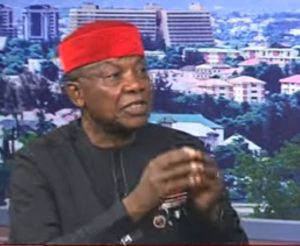
Ohuabunwa pointed out that sharing money during political season has become a culture in Nigeria, and wondered why a person who volunteers to serve should be subjected to spend huge amount of money to get elected. He said because of level of hardship in the country, it is easy for people to be easily influenced by money.
He said “Let’s be truthful, this is not the first time. During the last PDP election (referring presidential primary in 2018) in Port Harcourt, it was the same way and pattern. It’s nothing new; we’re only hoping that it was going to get better.”
Sani also faulted the process in which the delegates that voted in the primaries emerged, saying many were not truly elected as required by the electoral law, but simply appointed by party chieftains who equally controlled how and who they voted for in the exercise.
He noted that politicians had jettisoned the idea of compulsory direct primaries and opted for indirect which involves use of elected delegates, because the latter gives them better chances of manipulating the outcome of primaries to favour their selfish interests.
Sani argued that only direct primaries would ensure a free, fair and credible process, adding that that aspect of the electoral system should be addressed to forestall problems in future.
Victor Ezeja is a passionate journalist with seven years of experience writing on economy, politics and energy. He holds a Master's degree in Mass Communication.

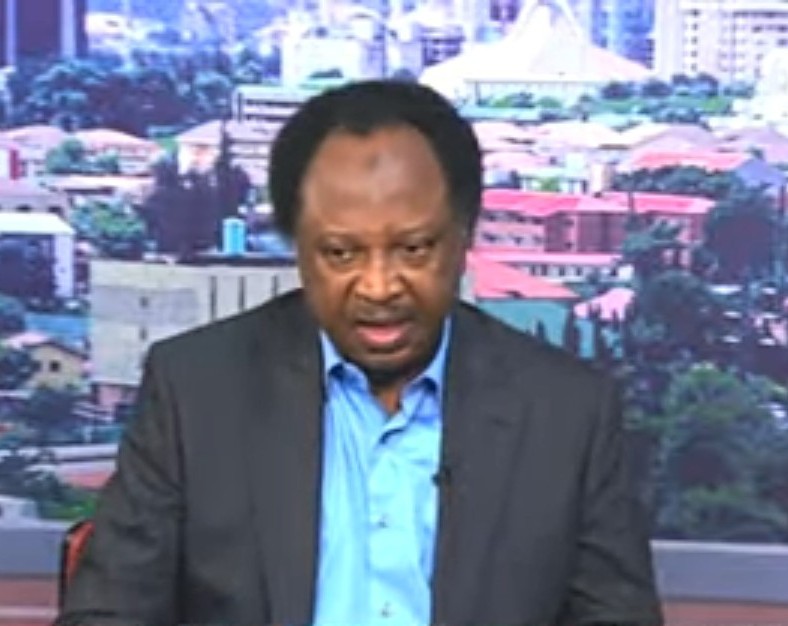



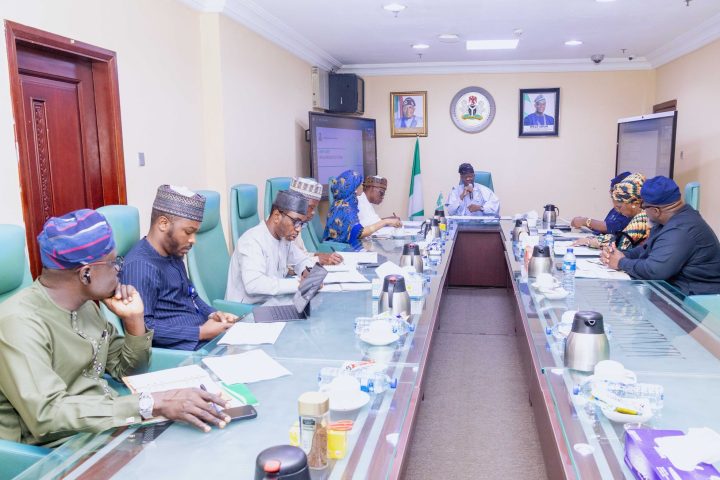
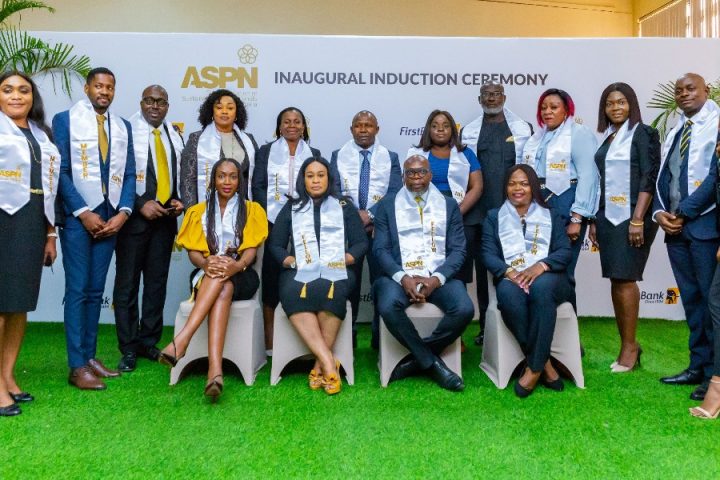
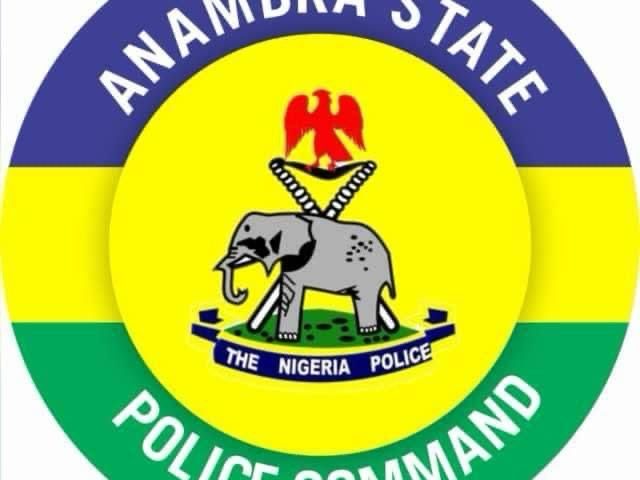









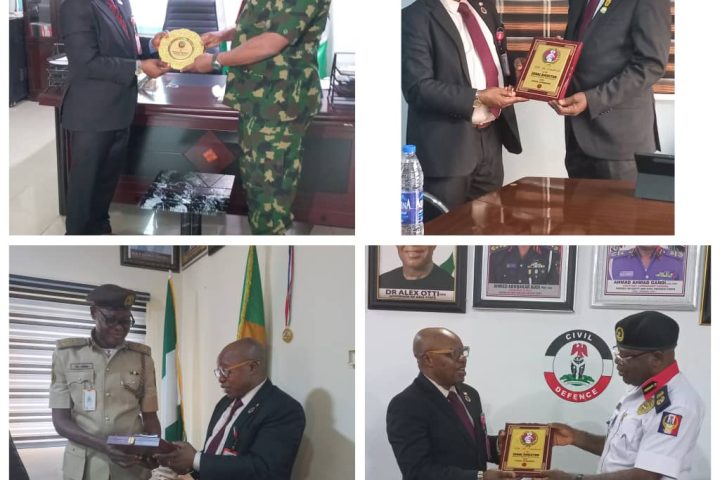
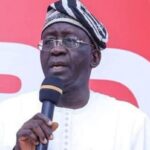
Follow Us